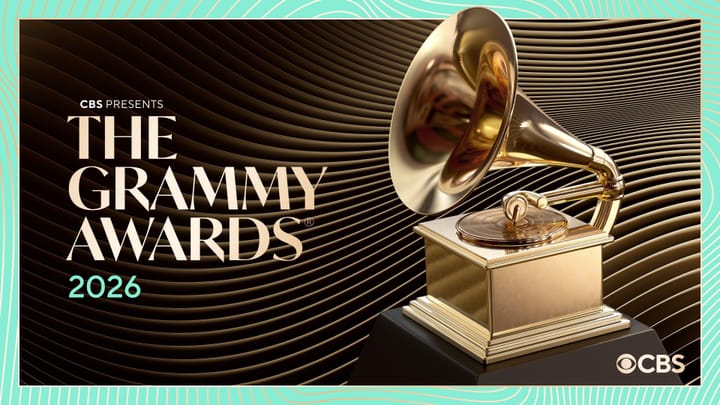Paul Brewster, tenor singer and guitar player with Ricky Skaggs & Kentucky Thunder, wants to be clear -- very clear. "I haven't got any plans to leave Ricky," he says. "I don't want people to get the idea I'm going out on my own. A lot of people have said that, but that's not what I want to do, because I love singing with Ricky."
What's prompted the comment is the release of Brewster's first solo CD, Everybody's Talkin' -- and yes, it's the Fred Neil song. Given the Skaggs group's focus on first-generation bluegrass classics, that might seem surprising, but if so, the rest of the album's a bit of a shocker too. With a half-dozen Brewster originals balanced by a selection of songs from the likes of Neil, Don Williams and Kris Kristofferson, and instrumentation that includes drums, pedal steel and electric bass, it's anything but traditional bluegrass.
What it is, rather, is a deeply personal set that reflects the career of a musician who, while still in his mid-40s, has already spent a quarter-century on the edge where bluegrass blurs into country. He may be sticking pretty closely to the classics with his boss, but on his own, Brewster has a much broader range.
"I did stuff from my heart, that I wanted to do," he acknowledges. "I wasn't trying necessarily to please everybody. If I'd have done that, then I'd have been doing something that wasn't my heart, and it probably wouldn't have come off. They gave me freedom to go in and do me, what I like to hear, and I think most of it came off pretty good."
The son of a country and bluegrass musician -- "it was hillbilly music back then," he says -- he started his career in earnest in the mid-1970s with the Knoxville Grass, a group that cheerfully incorporated bluegrass, rock and country elements into a distinctive sound.
"We started with the upright bass, and then went to an upright electric bass, and then we went with a real electric bass," he laughs. "And we were doing a lot of rock 'n' roll, contemporary things -- but I listened to country music. So I guess I brought in the country side of what we did, and some of the other guys brought a little rock 'n' roll, and some of the other guys, like Jimmy Millsapps, who played banjo with us, he was strictly Earl [Scruggs].
"And with all that mix, the Knoxville Grass came about. And of course, everybody at that time was taking 33 records and speeding them up to 78 to see if they would work out with the banjo rolls. We picked out a lot of songs that way."
A long stint with the Osborne Brothers -- he covers their "Roll Muddy River" on the album -- followed, deepening his taste for a country-bluegrass mixture. "I was raised on their MCA records," Brewster recalls, "the country stuff, the harmonies. It was a great learning experience. When you sang with them, if you didn't sing out, you didn't get heard. So you had to learn to sing out, whether it was wrong or right. I enjoyed it immensely."
After a brief period spent working as a golf pro in Florida and then a spell fronting a band at Dollywood, Brewster joined Skaggs' band in time to play an important role in the bandleader's re-emergence as a bluegrass artist. His silvery tenor is an essential element in the group's powerhouse duets and trios, though he laughs that on songs like Bill Monroe's sky-scraping "A Voice From On High", "some nights it's higher than others."
For Everybody's Talkin', Brewster turned to his bossman and bandmates for some help. Skaggs signed him to his own Ceili Music label, co-produced several cuts on the album, and played some mandolin and guitar, while Kentucky Thunder bass player Mark Fain co-produced the remainder.
It's a stunning collection, not only in the warm, heartfelt performances but in the way Brewster's originals stand up beside the cover songs. "Don't Go", which features a tremulous harmony vocal from country star Lee Ann Womack, is an achingly direct plea, while "Teresa's Song", written for his wife, is bound to be heard at the wedding of bluegrass-savvy partners for years to come.
A quietly committed Christian, Brewster made it a point to deliver that message, too. "I wrote 'Savior, Lord, And Guide' back when I was with Knoxville Grass, and actually recorded it with them, and also recorded it with the Osborne Brothers," he explains. "But I wanted to change it around, because I really thought the meaning of what I was trying to say could get across a little bit better. I just wanted the words to be heard and understood a little bit more than just it being a bluegrass gospel song."




Comments ()